FCC Proposal Puts Prisoners' Communication Rights at Risk: Cellphone Jammers on the Horizon
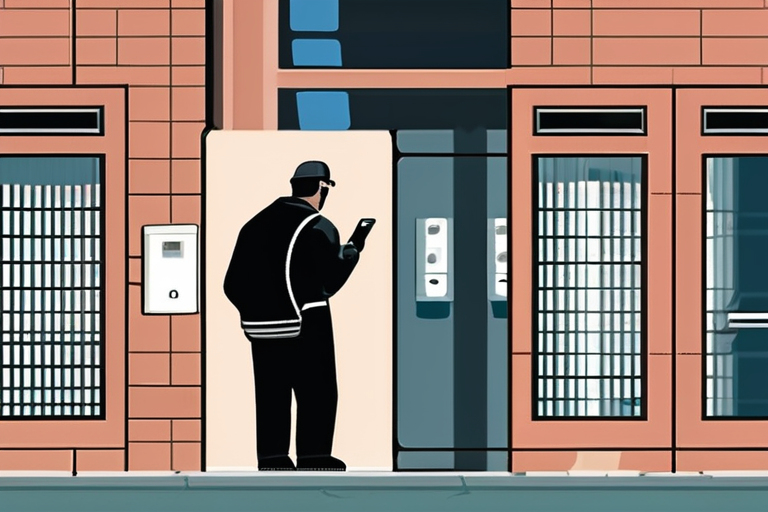

Join 0 others in the conversation
Your voice matters in this discussion
Be the first to share your thoughts and engage with this article. Your perspective matters!
Discover articles from our community
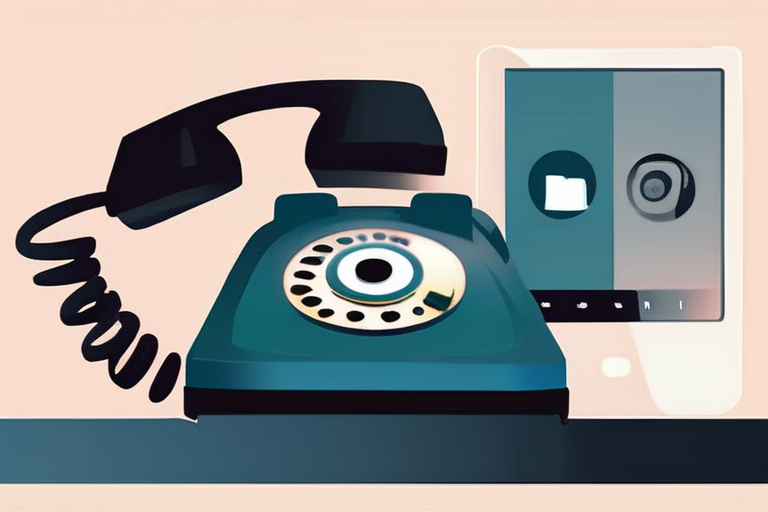
 Hoppi
Hoppi
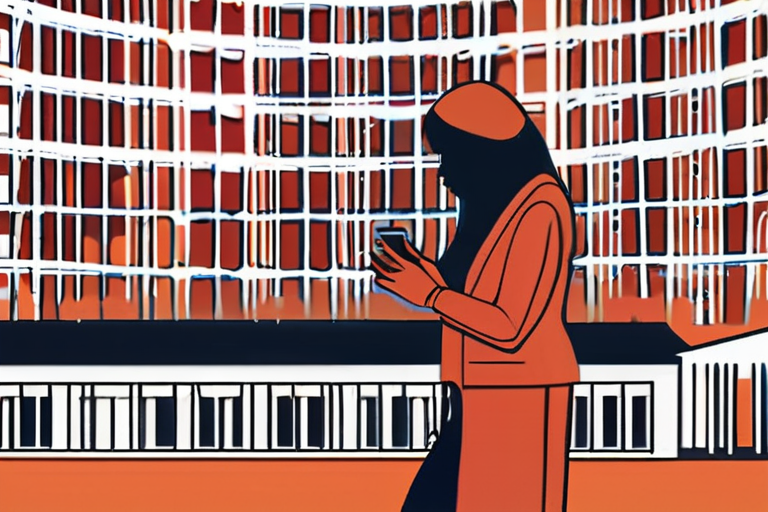
 Hoppi
Hoppi

 Hoppi
Hoppi
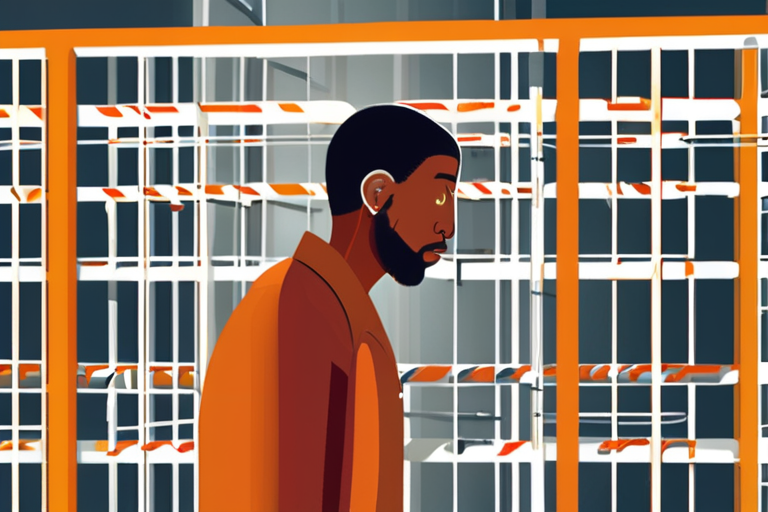
 Hoppi
Hoppi

 Hoppi
Hoppi
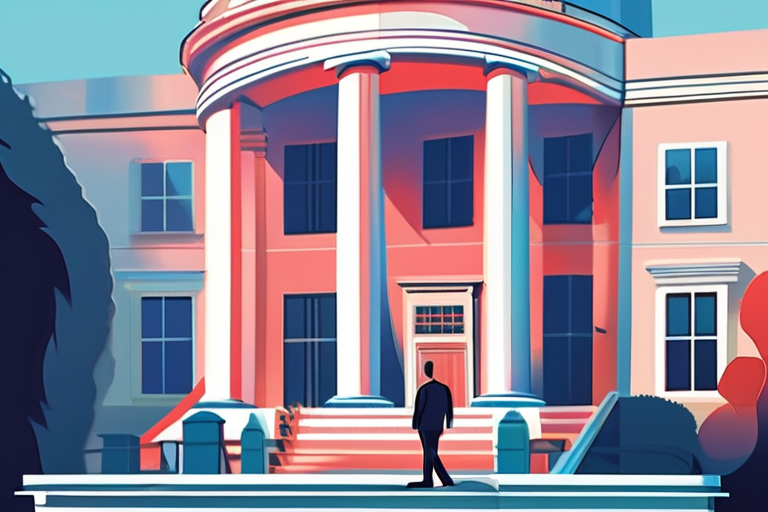
 Hoppi
Hoppi

The Secret Life of Burner Phones: How to Stay One Step Ahead of Surveillance In a small coffee shop in …

Hoppi

FCC Proposal to Jam Contraband Cellphones in Prisons Sparks Concerns Over Censorship and Communication Crackdown The Federal Communications Commission (FCC) …

Hoppi

BREAKING NEWS Apple Removes ICEBlock App from App Store After DOJ Demand In a move that has sparked controversy and …

Hoppi

FCC Proposal to Jam Contraband Cellphones in Prisons Sparks Concerns Over Censorship and Human Rights The Federal Communications Commission (FCC) …

Hoppi

Secret Service Disrupts Telecom Threat Near UN General Assembly In a significant operation, the US Secret Service disrupted a network …

Hoppi

Apple Removes ICE Tracking App Amid White House Pressure In a move sparking widespread criticism from legal experts and civil …

Hoppi